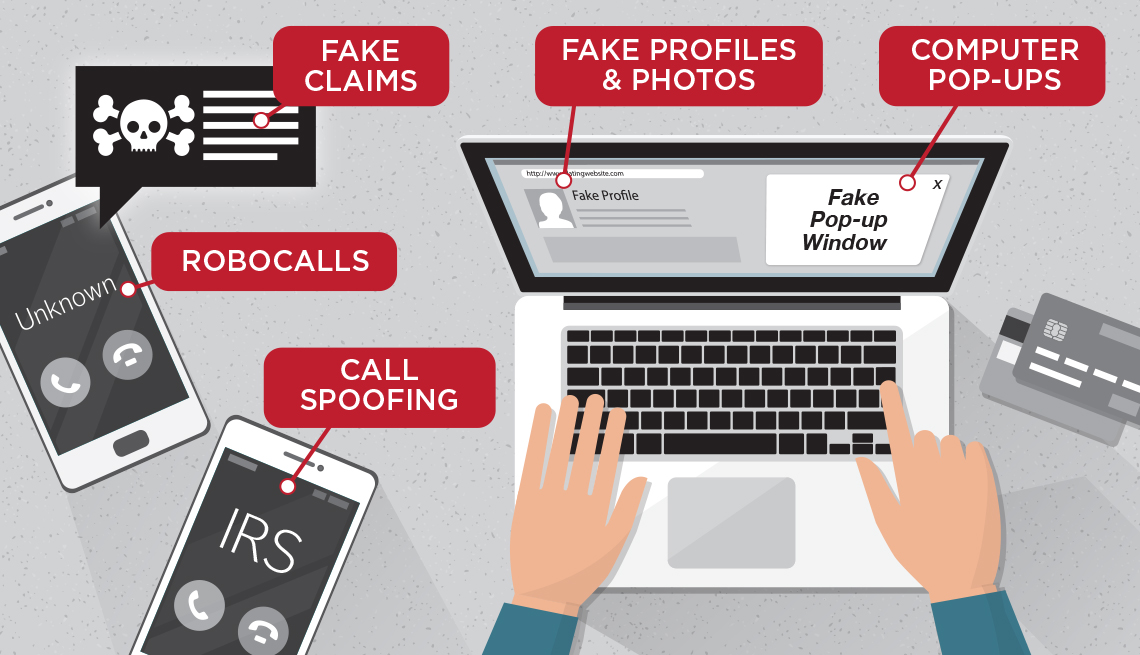Online Buying and Selling Fraud in Indonesia and Its Criminal Law Enforcement
Main Article Content
Abstract
The development of technology and information is quite fast, especially on the internet. Through the internet, everyone can access and find all information around the world quickly and easily. The internet spurs the emergence of creativity in all fields, especially in business. So that there emerged online businesses that provided various kinds of human needs, ranging from food, clothing, property, and other needs. Online business is very useful to reduce costs and time during the buying and selling process. In contrast to conventional business, which requires producers and consumers to meet in person, so it requires a lot of money and time. This research aims to analyze and examine the fraud case of online transactions in Indonesia and its law enforcement. The research emphasized and found that in every facility that is offered by an online business, there is always an opening for crime to emerge. Therefore, the government established a regulation, namely Law Number 11 of 2008 concerning Electronic Information and Transactions as the legal umbrella for cybercrime. However, this regulation still needs to be reviewed, because it still has weaknesses in ensnaring cybercrime. Where the development of technology and information is increasingly complex. So it requires flexible regulations on technological developments.
Article Details
All writings published in this journal are personal views of the authors and do not represent the views of this journal and the author's affiliated institutions. Author(s) are retain the copyrights of the Article. However, before publishing, it is required to obtain written confirmation from Author(s) in order to ensure the originality (Author Statement of Originality). The statement is to be signed by at least one of the authors who have obtained the assent of the co-author(s) where applicable.This work licensed under a Creative Commons Attribution-ShareAlike 4.0 International (CC BY-SA 4.0)
References
Fitri, F. A., Syukur, M., & Justisa, G. (2019). Do The Fraud Triangle Components Motivate Fraud In Indonesia?. Australasian Accounting, Business and Finance Journal, 13(4), 63-72. http://dx.doi.org/10.14453/aabfj.v13i4.5
Ismail, D. E. (2009). Cyber Crime di Indonesia. Jurnal Inovasi, 6(3), 242-247. https://ejurnal.ung.ac.id/index.php/JIN/article/view/815
Jauhari, J. (2010). Upaya pengembangan usaha kecil dan menengah (UKM) dengan memanfaatkan e-commerce. Jurnal Sistem Informasi, 2(1), 1-12.
Juju, D., & Sulianta, F. (2013). Hitam Putih Facebook. Jakarta: Elex Media Komputindo.
Karo, R. K., & Sebastian, A. (2019). Juridical analysis on the criminal act of online shop fraud in Indonesia. Lentera Hukum, 6(1), 1-14. https://doi.org/10.19184/ejlh.v6i1.9567.
Kozinets, R. V., De Valck, K., Wojnicki, A. C., & Wilner, S. J. (2010). Networked narratives: Understanding word-of-mouth marketing in online communities. Journal of marketing, 74(2), 71-89. https://doi.org/10.1509/jm.74.2.71
Krisianto, A. (2011). Internet Untuk Pemuda: Panduan Menggunakan Internet Secara Produktif. Jakarta: Elex Media Komputindo.
Liddy, C., & Sturgeon, A. (1998). Seamless secured transactions. Information Management & Computer Security, 6(1), 21-27. https://doi.org/10.1108/09685229810207416
Prabowo, H. Y. (2012). A better credit card fraud prevention strategy for Indonesia. Journal of Money Laundering Control, 15(3), 267-293. https://doi.org/10.1108/13685201211238034
Pradana, M. (2015). Klasifikasi jenis-jenis bisnis e-commerce di Indonesia. Neo-Bis, 9(2), 32-40. https://doi.org/10.21107/nbs.v9i2.1271
Rosidawati, I., & Santoso, E. (2017). Pelanggaran Internet Marketing Pada Kegiatan E-Commerce Dikaitkan dengan Etika Bisnis. Jurnal Hukum & Pembangunan, 43(1), 27-53. http://dx.doi.org/10.21143/jhp.vol43.no1.1507
Saragih, Y. M., & Siahaan, A. P. U. (2016). Cyber Crime Prevention Strategy in Indonesia. SSRG Int. J. Humanit. Soc. Sci, 3(6), 22-26.
Setiawan, R., & Achyar, A. (2013). Effects of Perceived Trust and Perceived Price on Customers’ Intention to Buy in Online Store in Indonesia. ASEAN Marketing Journal, 4(1), 26-36. https://doi/org/10.21002/amj.v4i1.2029
Sobri, M., & Damayanti, N. R. (2017). Pengantar Teknologi Informasi-Konsep dan Teori. Yogyakarta: Penerbit Andi.
Sugiswati, B. (2011). Aspek Hukum Pidana Telematika Terhadap Kemajuan Teknologi Di Era Informasi. Perspektif, 16(1), 59-72. http://dx.doi.org/10.30742/perspektif.v16i1.70
Sumenge, M. (2013). Penipuan Menggunakan Media Internet Berupa Jual-Beli Online. Lex Crimen, 2(4), 102-112. https://ejournal.unsrat.ac.id/index.php/lexcrimen/article/view/3093/2637
Suyanto, M. (2003). Multimedia Alat untuk Meningkatkan Keunggulan Bersaing. Yogyakarta: Penerbit Andi.
Tianotak, N. (2011). Urgensi Cyberlaw di Indonesia dalam Rangka Penanganan Cybercrime di Sektor Perbankan. Jurnal Sasi, 17(4), 20-21
Waluyo, S., Feryanto, A., & Haryanto, T. (1977). Ilmu Pengetahuan Sosial. Jakarta: Grasindo.
